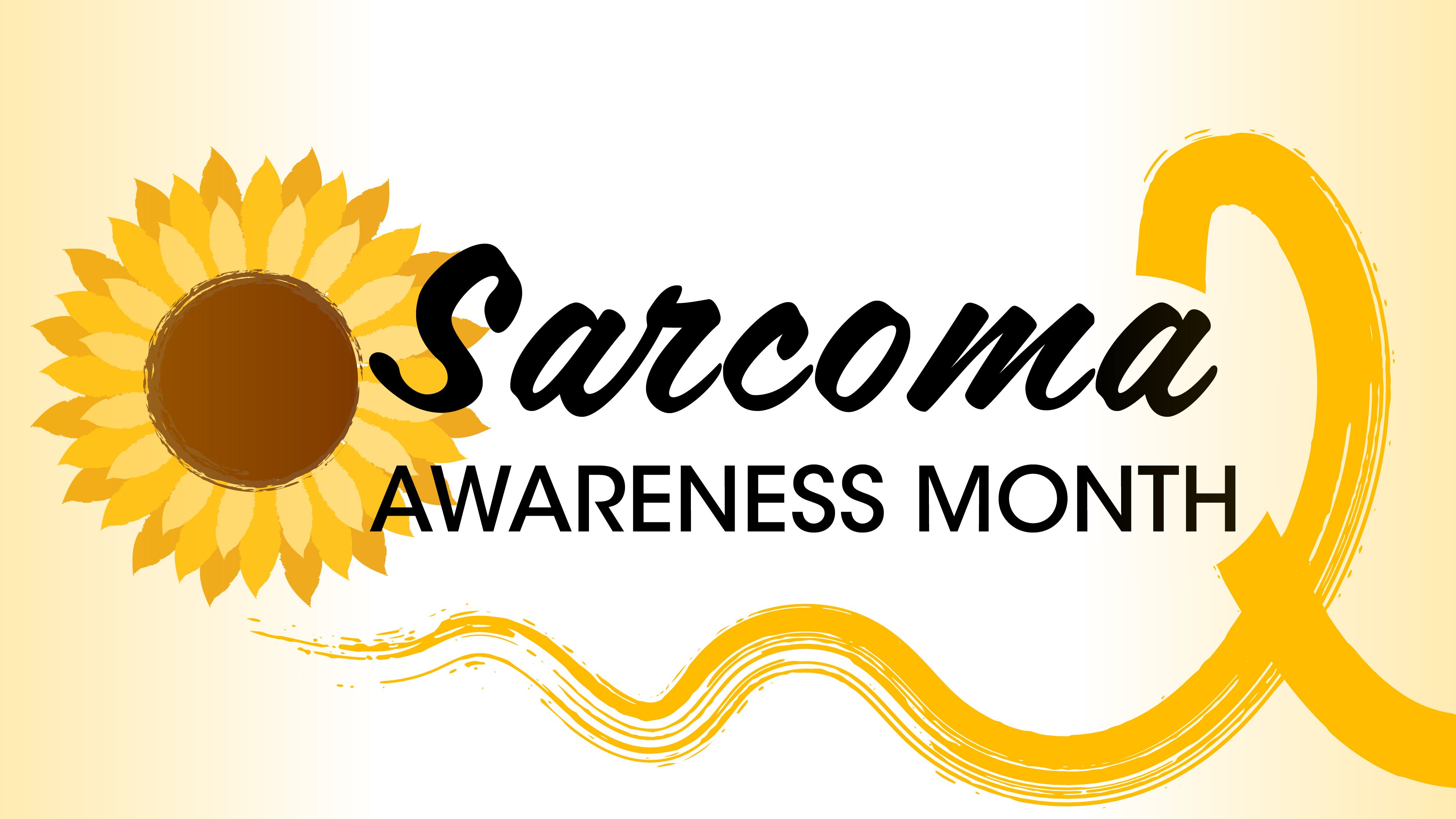
Neoantigen Vaccines May be Next Step in Treating Sarcomas

Future developments in the sarcoma space may also involve research on circulating tumor DNA and metabolic therapies, according to Brian Van Tine, MD, PhD.
During
In particular, Van Tine, a professor of medicine in the Division of Oncology, Section of Medical Oncology at Washington University School of Medicine’s Siteman Cancer Center, highlighted the possibility of developing personalized cancer vaccines that administer tumor cell neoantigens to sarcomas within the next 5 years. He also stated that it would be “exciting” to observe the potential benefits these new forms of treatment may bring to patients.
Transcript:
It's neat that when I first entered this field, the number of dedicated sarcoma labs that were funded were few and far in between. Now, there's this new generation of active researchers, both on the pediatric side and the adult side, where we're looking at leiomyosarcoma in new ways. We're looking at alveolar soft part sarcoma, which is ultra-rare. There are groups of people looking at everything from circulating tumor DNA to metabolic therapies, to immunotherapies, to vaccine-based technologies, to the new idea of taking the COVID-19 vaccine to make cancer vaccines based on neoantigens within our own tumors.
If you ask where I think we'll be in 5 years, we'll hopefully start the conversation where we're actually talking about [personalized] vaccine-based delivery of neoantigens to sarcoma, which will be delivered as an injection. And having seen some of the stuff that was at the 2023 American Society of Clinical Oncology [ASCO] Annual Meeting, I think that everything [we’ve] seen on "Star Trek" is coming true now, and we're moving even faster. This is quite a journey.
But the best part is when suddenly you see that look on a patient's face when you get to tell them that they tried something that was ultra-new, and it worked. Because we don't do this for us; we do this because we're dedicated to this community when you actually get the opportunity to see it work, it's almost as exciting for us as it is for the patient.
Newsletter
Stay up to date on recent advances in the multidisciplinary approach to cancer.



































